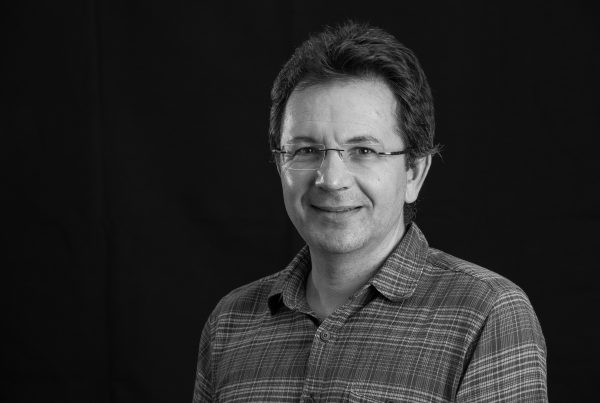Raúl Méndez studied biology (biochemistry) in the Universidad Autónoma de Madrid. He obtained his PhD in 1993 for work carried out at the Centro de Biología Molecular Severo Ochoa under the supervision of César de Haro. He did postdoctoral work in the laboratory of Robert E. Rhoads at the Louisiana State University Medical Center (1994-1997) and then in the laboratory of Joel D. Richter (1997-2001) at the University of Massachusetts and in 2001 he joined the Centre de Regulació Genòmica of Barcelona as a group leader. In 2010 his group moved to the Institut de Recerca Biomèdica of Barcelona, where he is a senior scientist and ICREA Research Professor. Since the time of his PhD work, his research has focused on how mRNAs are translated into proteins and how this process is regulated during cell division and differentiation. EMBO member since 2012.
